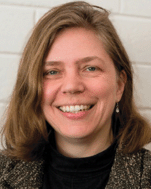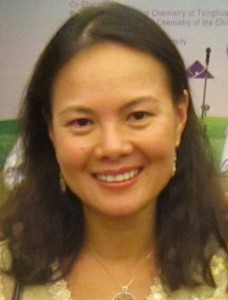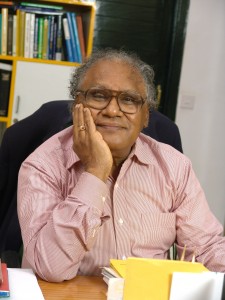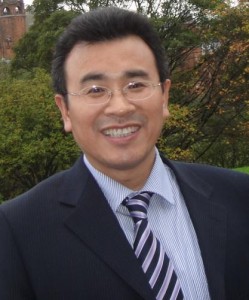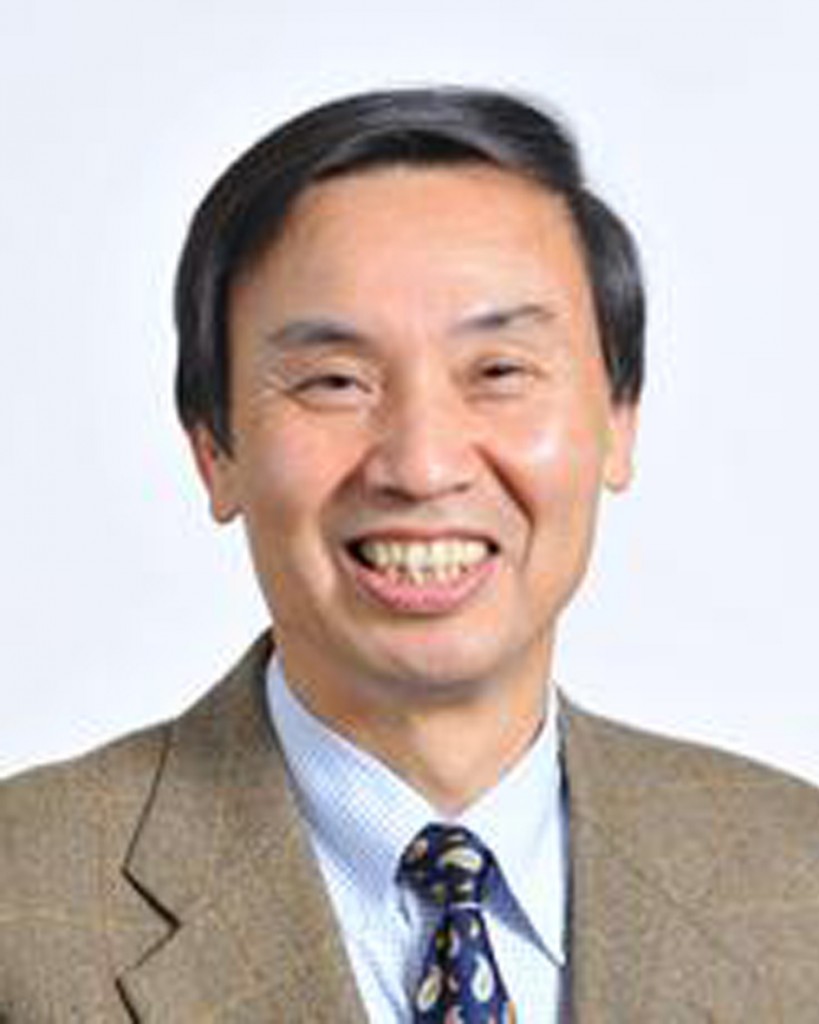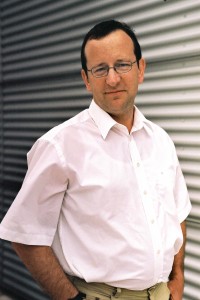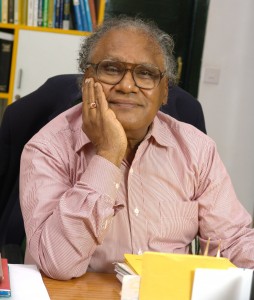Materials Horizons is delighted to welcome Anna Balazs as our new Editorial Board Member.
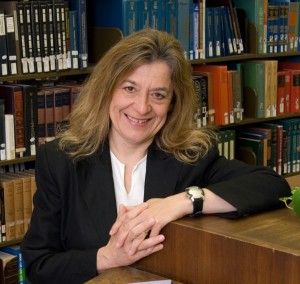
Anna is the Distinguished Professor of Chemical Engineering and the Robert von der Luft Professor at the University of Pittsburgh. She received her B.A. in physics at Bryn Mawr College and her Ph.D. in Materials Science at the Massachusetts Institute of Technology. After postdoctoral work in the Polymer Science Department at the University of Massachusetts, Amherst, she joined the faculty at the University of Pittsburgh in 1987. Her research involves developing theoretical and computational models to capture the behavior of polymeric materials, nanocomposites and multi-component fluids in confined geometries. Balazs served as the Chair of the Division of Polymer Physics of the APS (2000-2001), Co-Chair of the Spring MRS meeting (2000) and served on the APS Public Policy Committee. In addition, she is a Fellow of the APS.
Before joining Materials Horizons, Anna was a member of the Advisory Board for Soft Matter.
Her recent papers include:
Self-assembly of microcapsules regulated via the repressilator signaling network
Henry Shum, Victor V. Yashin and Anna C. Balazs
Soft Matter, 2015, 11, 3542-3549
Forming self-rotating pinwheels from assemblies of oscillating polymer gels
Debabrata Deb, Olga Kuksenok, Pratyush Dayal and Anna C. Balazs
Mater. Horiz, 2014, 1, 125-132
Chemo-responsive, self-oscillating gels that undergo biomimetic communication
Olga Kuksenok, Pratyush Dayal, Amitabh Bhattacharya, Victor V. Yashin, Debabrata Deb, Irene C. Chen, Krystyn J. Van Vliet and Anna C. Balazs
Chem. Soc. Rev., 2013, 42, 7257-7277











